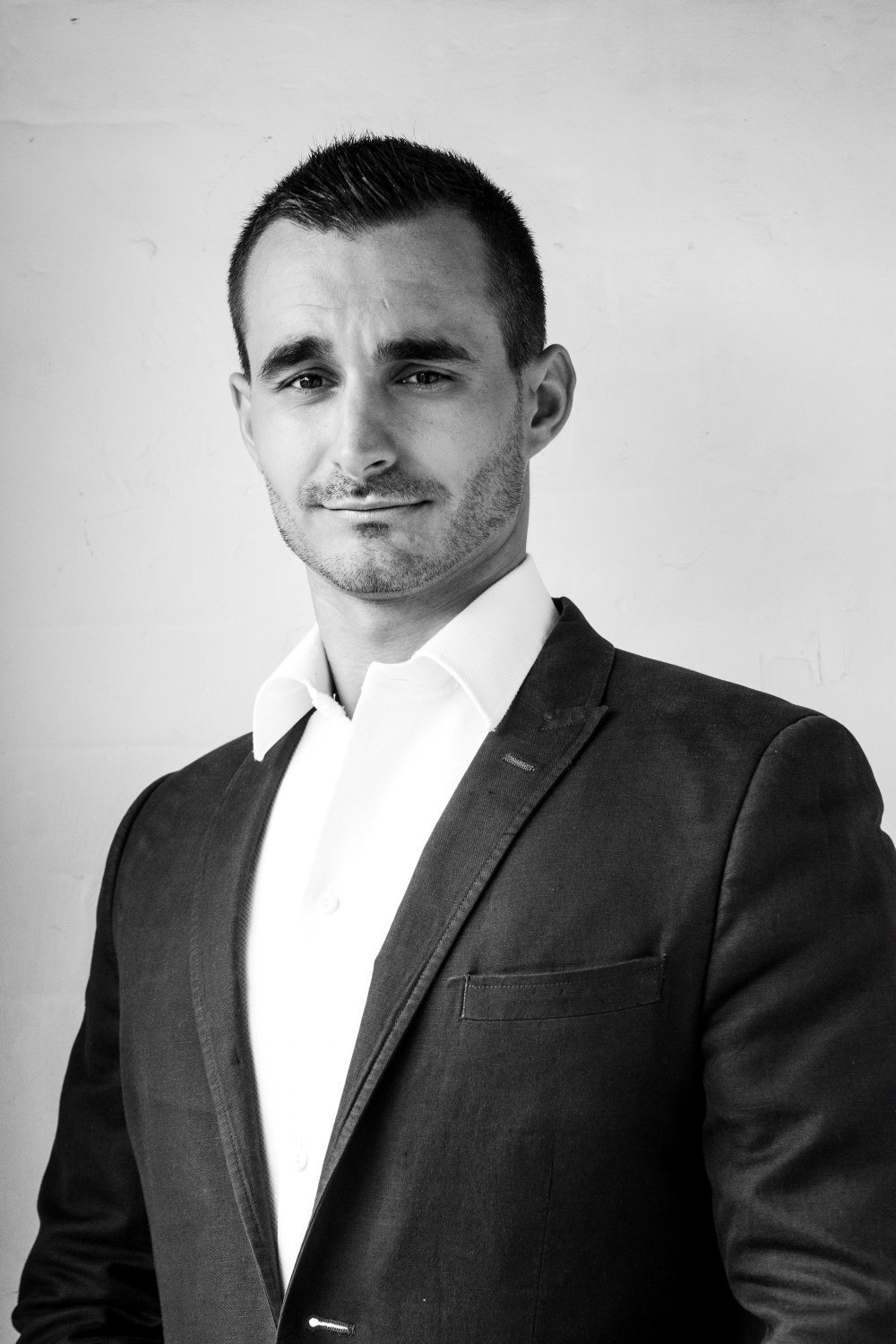
If there’s one thing I learned about entrepreneurship it’s this: never give up.
Lessons learned from Accelerate Cambridge
After being mentored and coached in entrepreneurship by Accelerate Cambridge at Cambridge Judge Business School for 18 months, as well as having some war stories, I learned some key lessons which I carried into setting up a practice as a leading London life coach, which has given me a serious edge over life coaches in the UK. Certainly, learning how to write coherent business plans helped me to not only secure funding from Virgin Startups for my life coaching practice but also it helped me to craft a compelling proposal for my upcoming book, ‘The 7 Questions’. As it happens, writing a book proposal is very much like writing a business plan; you need to do a comprehensive competitor analysis, and explain why your book is different, who is the target market, what will you personally do to reach them. The publishers are in a sense, the investors; they invest in the marketing and promotion of the book, as well as time and money in editing it, producing hard copies, selling it to major book stores, and so forth.
Seven questions for entrepreneurship
I will give you seven questions which you can take away as tools to apply in your own business:
1. What can do you do to build more trust with new customers?
Customers trust press coverage. This is most likely because people know the names of big brands such as Vogue or Forbes (familiarity breeds trust). And trust helps you get more customers. Well-designed websites are also a must; I notice some life coaches look like they had their website made in the early 2000s! Web design has come a long way since then, and so it’s important your website looks good and modern, or else, people will be less likely to become paying customers. Testimonials and reviews from other customers also help a lot; we are social creatures, and we are more likely to trust something if others trust it.
2. What’s your highest point of contribution?
As the African proverb goes, “If you want to go fast, go alone. If you want to go far, go together”. I would also say “If you want to elevate, then delegate”. There are only 24 hours in the day, no matter how multi-talented you are. A good rule of thumb I learnt from Accelerate Cambridge was this: outsource what you don’t like or what you are not good at. I would also add to this: outsource (or automate) your less important tasks so you can focus on the more important and essential ones. Thus, I have a team of 24/7 receptionists who work with me who can take calls on my business landline and filter out cold sales calls. I am also starting to work with a team of virtual assistants now to assist with things like admin, following up with leads, writing newsletters, curating social media content, etc, so that I can focus on the three most essential and important activities in my business: getting new clients, coaching and writing.
3. How can you protect the cashflow?
If your cashflow is negative, you are finished, even if you have interested potential customers or invoices to be paid. Thus, cashflow is king. So, you need to review the monthly cashflow and runway regularly. How many months do you have left? It’s a good idea to keep a cashflow forecast spreadsheet and keep an eye on this. What things could you pay for monthly? Does it all have to be paid upfront today? You may consider this option for things like subscriptions, or tax bills (especially during periods of mass economic uncertainty like Coronavirus epidemic), but do seek professional financial advice.
4. Does this help you get sales?
This was a frequent question of one of my closest Accelerate Cambridge mentors, Brewster Barclay – a very experienced Business Development and Sales Director. Too often entrepreneurs can get distracted with all kinds of things such as competitions, networking events, social media, workshops, unimportant tasks, and so forth. A key question Brewster would ask me was, “Does this help you get sales?” Ever since, I have asked myself the same question as a litmus test to filter out low-value activities.
5. Are your legal agreements in order?
I have seen first-hand from both giftgaming as well as my fellow entrepreneurs how things can go sideways in business and can potentially result in disputes and litigation. To quote one of my old mentors, ‘contracts are there for when you are not friends’. Thus, make sure you have a contract – even if it’s on the back of a napkin! Something in writing is better than a verbal agreement. And make sure you use a bona fide lawyer. Lawbite offer quite affordable services for this purpose for startups.
6. How can you differentiate yourself from competitors?
You do not necessarily have to be better than your competitors, just different. Do not try to be the same as your competitors. What are your competitors doing that you could do differently? What market are they not serving that you could be? With my life coaching practice, I noticed that many life coaches would swear in their marketing and came across as quite aggressive in my opinion. So I decided to go for a much more professional tone. Many of my competitors used white backgrounds on their site, whereas I use black, which is often associated with luxury and high-end goods. As a result, I come across as more premium, trustworthy and approachable. The latter two qualities about my marketing, in fact, led to me being scouted by Pan Macmillan, which then led to me getting representation from a leading literary agent, Jonathan Pegg.
7. Where can you automate?
The more you can automate, the more scalable your business, and the cheaper your running costs will be, as staff are often the most expensive cost in any business. Thus, I have automated my booking system with Calendly and use tools like Zapier to automate other things like email follow-ups, SMS reminders, the CRM data entry, etc. I also added a 3-4 minute explainer video to help pre-inform clients about coaching, what my process is, how it works and why they should hire me, so that this reduces common queries before or during the consultations. In the not too distant future, I will also be offering a self-coaching platform with video-based courses. This will not only enable me to help many more people and make my coaching more affordable, but it will also mean I can scale my business revenue significantly. There is a reason why lots of coaches offer this option – it can be very profitable and help many people at the same time!



Ben shayegan
Some great tips here. Thanks Nick